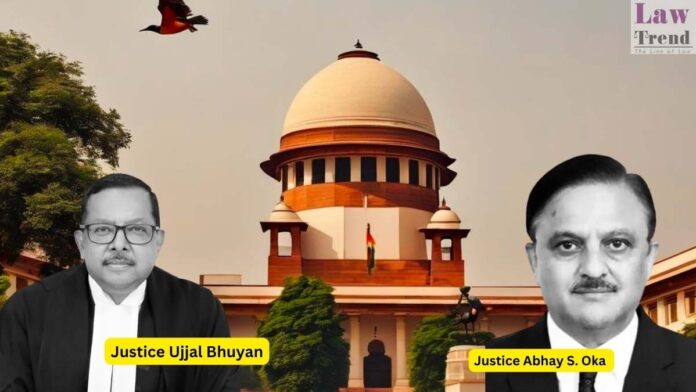The Supreme Court of India has ruled that any protection of witness identity under the Unlawful Activities (Prevention) Act, 1967 (UAPA) and the National Investigation Agency Act, 2008 (NIA Act) must strictly comply with the statutory requirement of recording satisfaction that the life of the witness is in danger. In a significant judgment delivered by
To Read More Please Subscribe to VIP Membership for Unlimited Access to All the Articles, Download Available Copies of Judgments/Order, Acess to Central/State Bare Acts, Advertisement Free Content, Access to More than 4000 Legal Drafts( Readymade Editable Formats of Suits, Petitions, Writs, Legal Notices, Divorce Petitions, 138 Notices, Bail Applications etc.) in Hindi and English.




